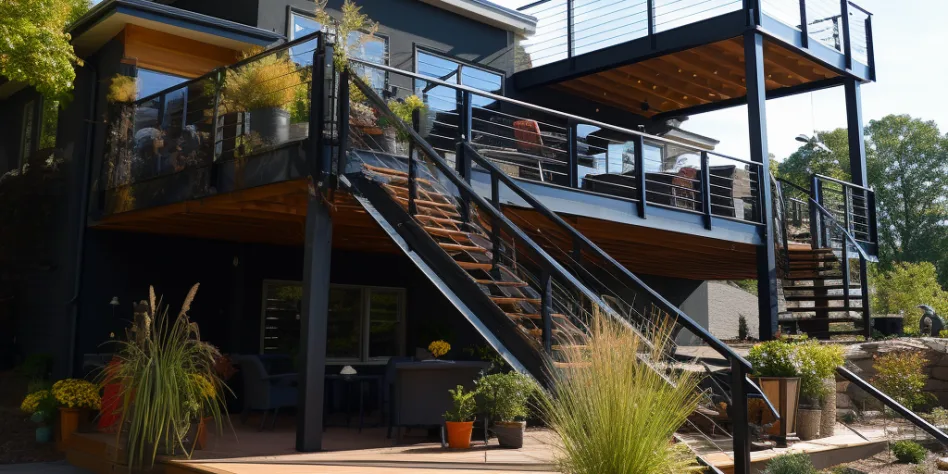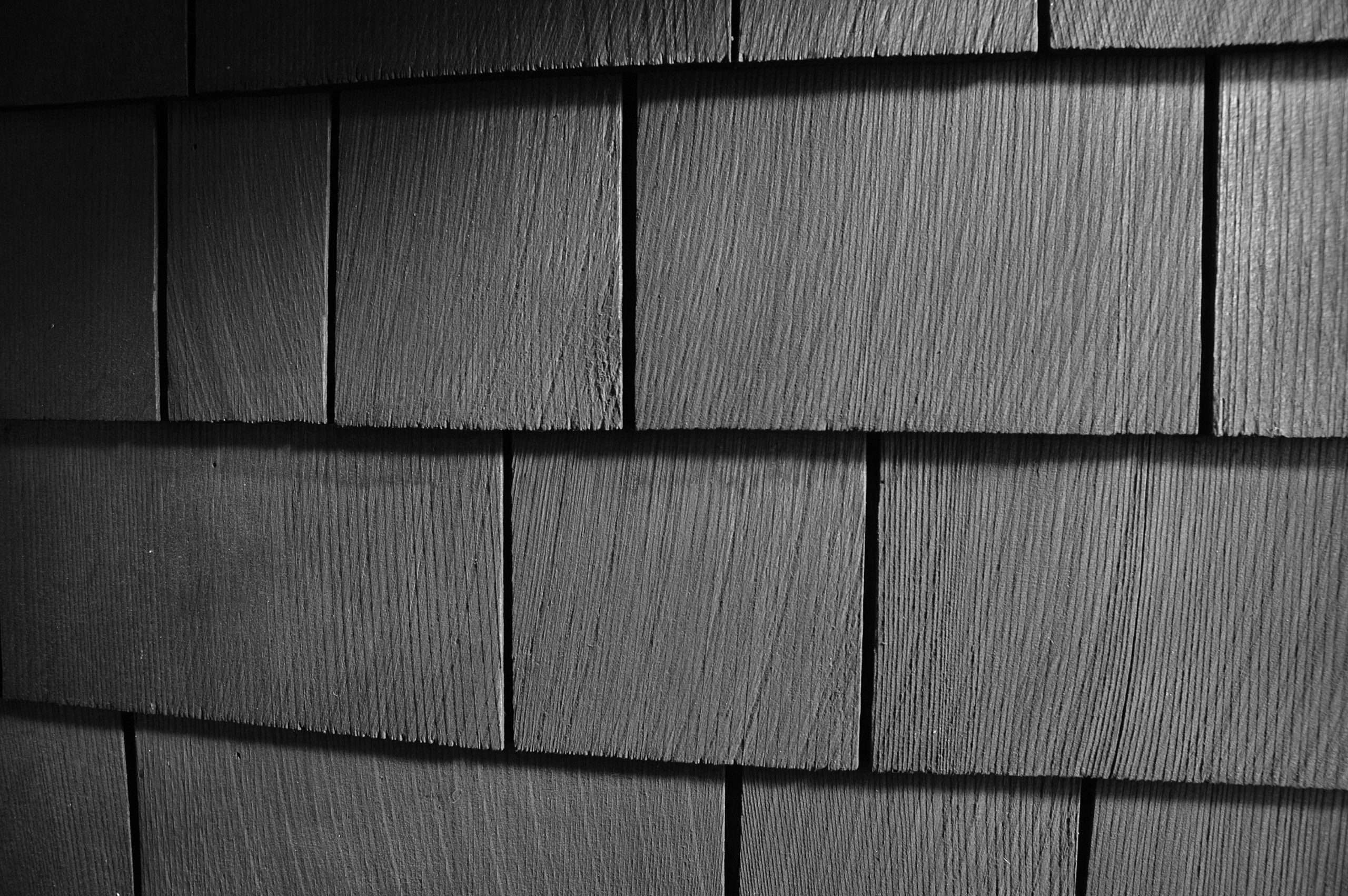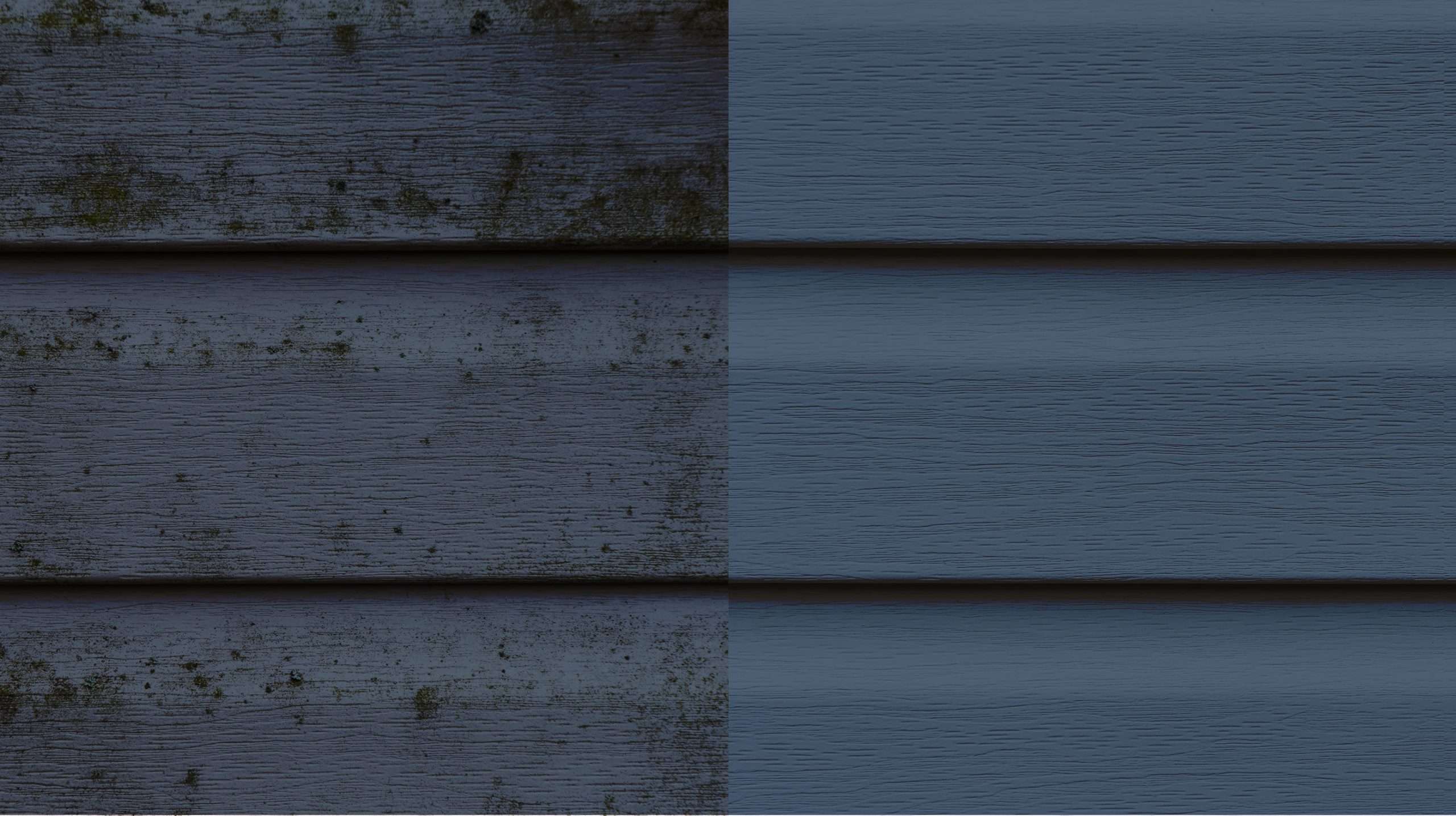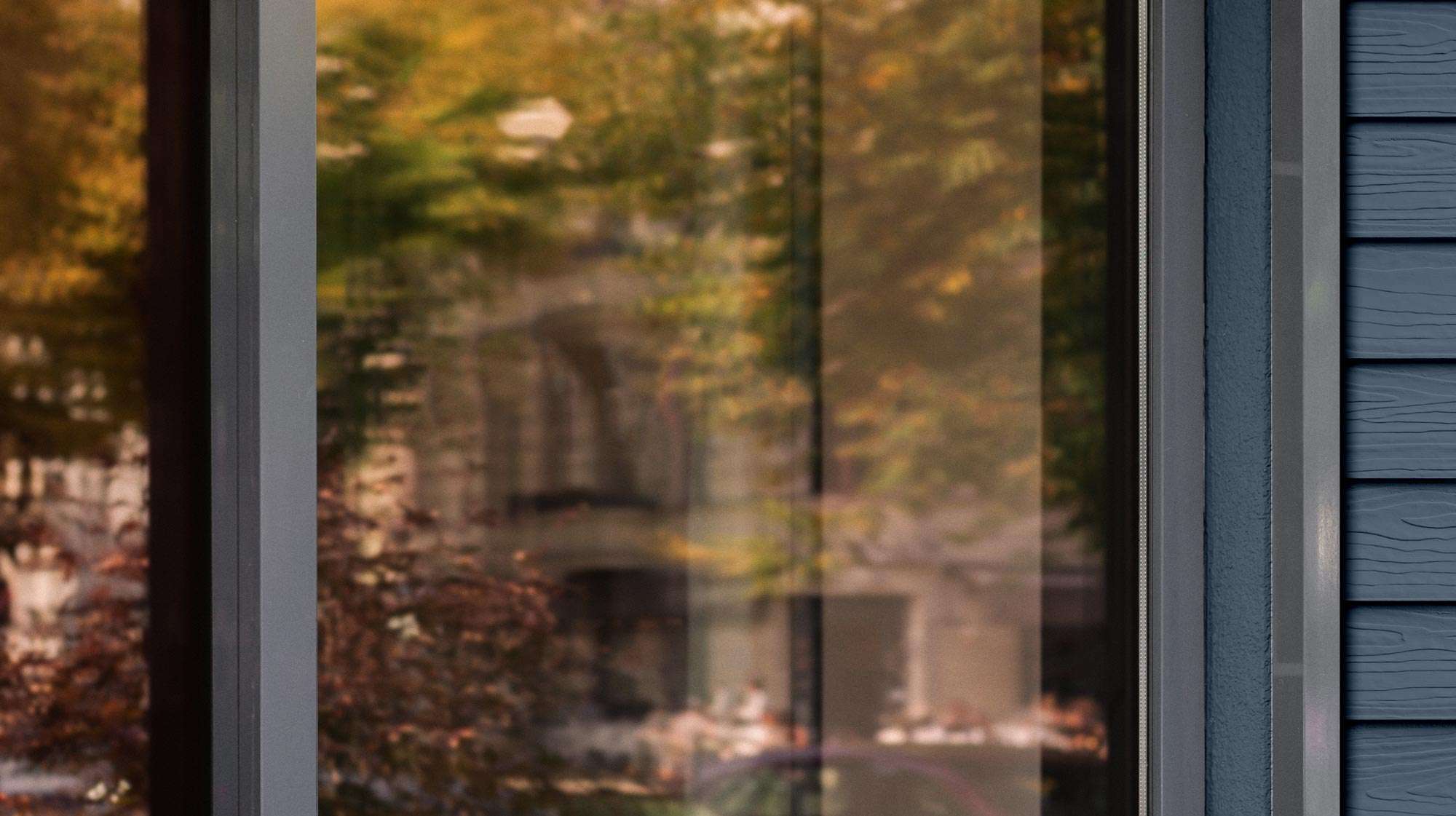There is a California bill looming on the horizon that may have a significant impact on you.
Enacted in response to tragic balcony collapses, SB-721 mandates regular inspections of exterior elevated elements (EEEs), such as balconies, decks, and stairways, in multi-family buildings with three or more units. This law aims to identify safety hazards and require repairs before they lead to accidents.
Table of Contents
- SB-721: The Balcony Bill
- Elements of SB-721
- The Importance of Compliance
- Choosing Qualified Inspectors
SB-721: The Balcony Bill
SB-721, also known as the "Balcony Bill," is a significant piece of legislation in California that impacts the construction, inspection, and maintenance of exterior elevated elements (EEEs) in multi-family buildings. This law, which came into effect to enhance safety and prevent accidents, has far-reaching implications for property owners, contractors, and residents.
Elements of SB-721
Inspection Requirements
- SB-721 requires that all EEEs be inspected by a qualified professional, such as a licensed architect, civil or structural engineer, or a certified building inspector.
- The initial inspection must be completed by January 1, 2025, and subsequent inspections are required every six years.
Scope of Inspection
- Inspections must assess the condition of load-bearing components and associated waterproofing elements.
- The purpose is to identify damage, decay, or deterioration that may pose a threat to safety.
Reporting and Documentation
- Inspection findings must be documented in a report, detailing the condition of the structures and any recommendations for necessary repairs or replacements.
- Property owners must maintain these reports and make them available to local enforcement agencies upon request.
Repair and Maintenance
- If the inspection reveals that repairs are needed to ensure safety, property owners are required to obtain the necessary permits and complete repairs within a specified timeframe.
Implications for Property Owners
- Property owners are responsible for complying with SB-721, including arranging for inspections, maintaining reports, and addressing any repair needs.
- Failure to comply can result in penalties and increased liability in the event of an accident.
The Importance of Compliance
Compliance with SB-721 is not only a legal requirement but also a critical measure to ensure the safety of residents. Property owners should proactively schedule inspections and address repair needs promptly.
SB-721 is expected to have a lasting impact on the safety and maintenance of multi-family buildings in California. By mandating regular inspections and repairs, the law aims to prevent accidents and enhance the longevity of these structures.
Choosing Qualified Inspectors
Selecting a qualified inspector is crucial for thorough and accurate assessments. Property owners should verify credentials and choose professionals with experience in inspecting EEEs.
SB-721 represents a proactive approach to ensuring the safety of EEEs in multi-family buildings. By embracing and welcoming SB-721, real estate agents, construction companies, and individuals alike can work towards creating safer living environments for all residents.
At Rogall + Co., safety is at the forefront of our minds. All communities should get a head start on SB-721, so they are in compliance when SB-721 is enforced in January 2025.











